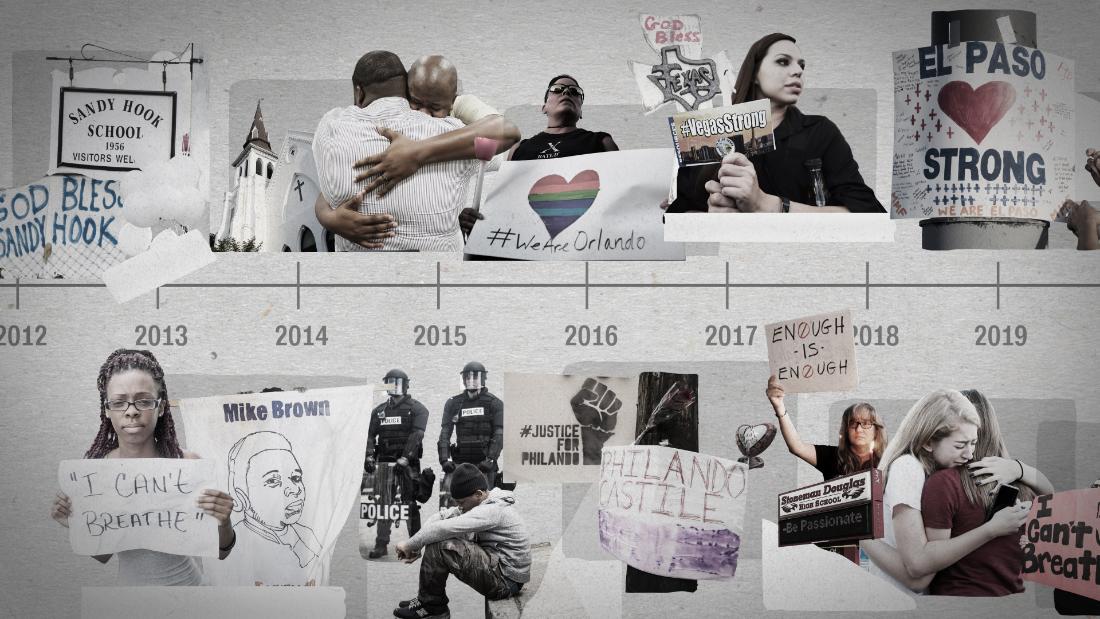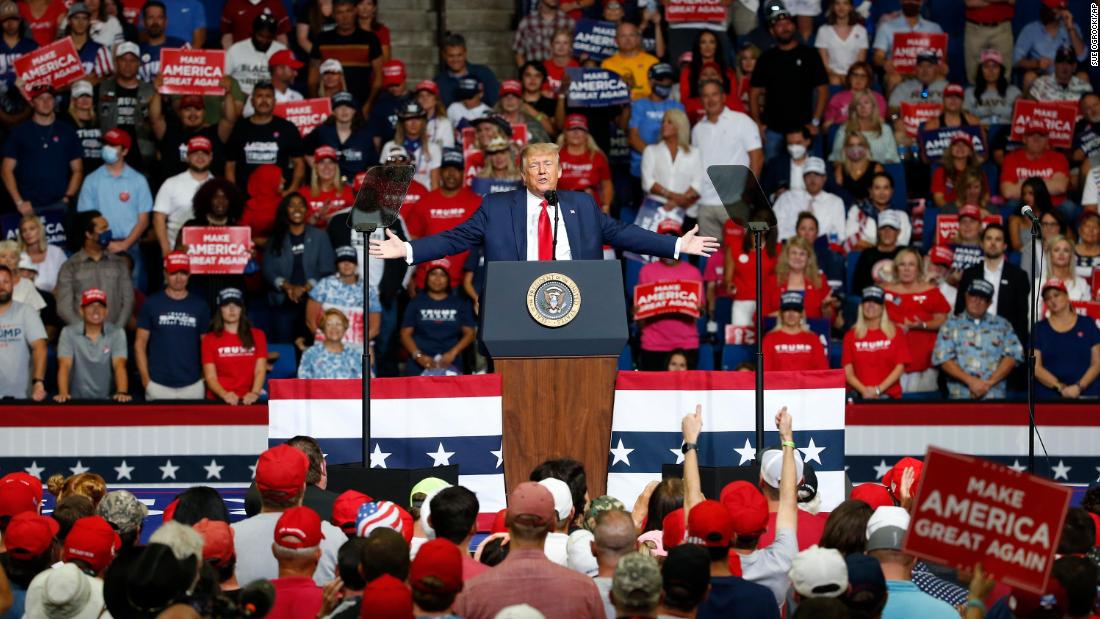The polls for Donald Trump are grim. But if voter preference decided U.S. elections, Hillary Clinton would have won the presidency by almost 3 million ballots. Presidential elections can be gamed—and late yesterday night, events came together to reveal how the Trump administration hopes to game 2020.
Attorney General William Barr announced the “resignation” of the U.S. attorney for the Southern District of New York. Geoffrey Berman had prosecuted Trump associates and brought to light much Trump wrongdoing, including important elements of the quid-pro-quo scheme with the Ukrainian state that got Trump impeached in 2019.
That same Friday,
BuzzFeed won a freedom-of-information lawsuit to obtain redacted portions of Special Counsel Robert Mueller’s report. Mueller’s report had concluded: “Beginning in June 2016, former Campaign member Roger Stone forecast to senior Campaign officials that WikiLeaks would release information damaging to candidate Clinton.” But the details supporting that charge were suppressed. Now
we have them, and it looks as though Trump personally directed his campaign chair Paul Manafort to keep in touch with Stone for advance details of WikiLeaks.
Finally, also yesterday,
The Washington Post reported that fewer than 200 polling places will be open for the Kentucky primary on June 23, rather than the usual 3,700. Kentucky’s vote-by-mail system is breaking down under the weight of requests for advance ballots. The impending chaos will bear especially heavily on Kentucky’s African American voters. Voters in Louisville—a 20 percent black county—will all have to vote at one polling station, the city’s convention center, likely to face crushingly long lines. The primary is not a formality: Kentucky Democrats face a contentious Senate choice. Louisville is the city where police killed Breonna Taylor. Anger about that shooting has propelled the rise of a
competitor to Amy McGrath, the candidate favored by national Democrats. If McGrath, who is white, defeats State Representative Charles Booker, who is black, in a primary marred by obstacles to black voting, that could well splinter Kentucky Democrats, demobilize the state’s black vote in November, and assure the easy reelection of Senate Majority Leader Mitch McConnell.
These three developments suggest the three components of the Trump endgame for 2020:
1) Attack the independence and integrity of the legal system;
2) benefit from foreign help and trust that by the time the help is proved, it will be stale news of scant interest to anybody; and
3) benefit from voting obstacles, particularly those that will impede black voting, and super-particularly those that will wedge apart the Democratic coalition on racial lines. (The Trump administration is not directly to blame for the coming mess in Kentucky—states manage elections—but it clearly relishes such situations.)










